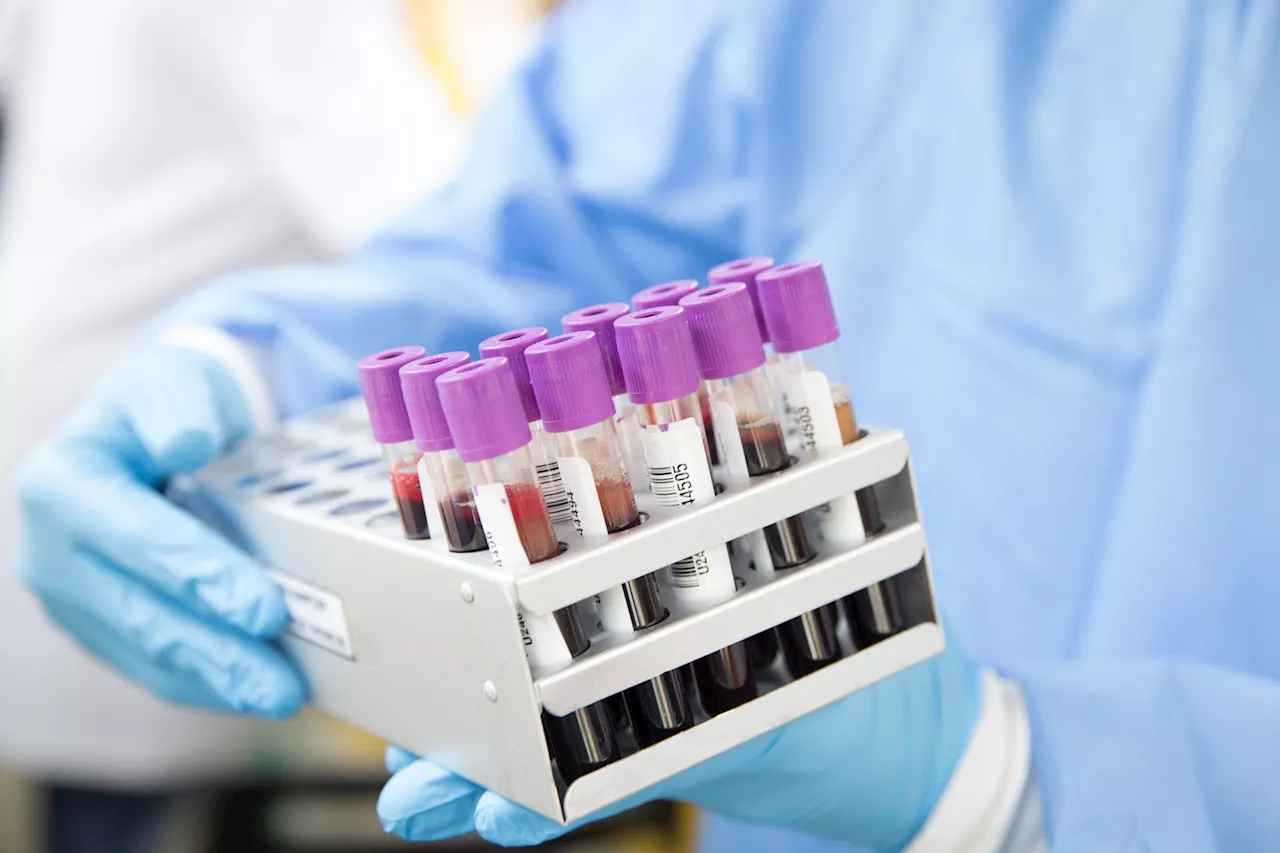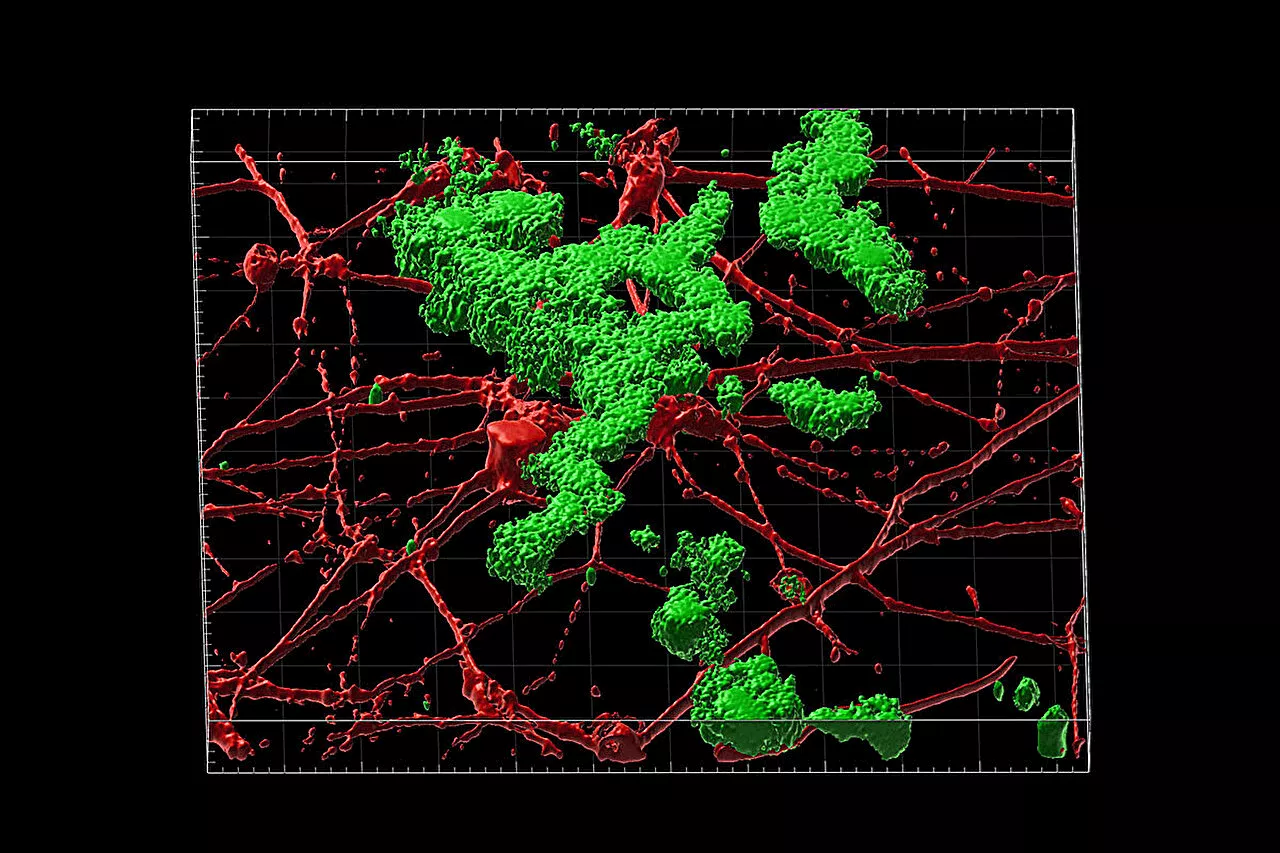GPs could soon be able to screen their patients for Alzheimer’s Disease (AD) using a simple handheld device developed by Monash engineers.
Monash UniversityAug 30 2024 GPs could soon be able to screen their patients for Alzheimer’s Disease using a simple handheld device developed by Monash engineers.
The size of a credit card, it uses world-first patented sensor technology which can detect ultra low concentrations of disease markers in blood in minutes. Associate Professor Sudha Mokkapati from Monash Materials Science and Engineering, developed the proof-of-concept electronic sensor for point-of-care testing, removing the need for laboratory-based pathology tests, and making the process to diagnosis faster and more cost-effective.
We’ve completed testing that shows the technology is highly advanced by design and capable of detecting ultra low levels of several disease biomarkers in blood. The next stage is to undertake the clinical validation needed to bring this a step closer to reality, and we’re reliant on further funding to progress this.
Deutschland Neuesten Nachrichten, Deutschland Schlagzeilen
Similar News:Sie können auch ähnliche Nachrichten wie diese lesen, die wir aus anderen Nachrichtenquellen gesammelt haben.
 Study identifies a new disease-inducing mechanism for inflammatory bowel diseaseInterleukin-10 (IL-10) is an anti-inflammatory protein that crucially controls intestinal immunity. Children with genetic defects in IL-10, or its receptors, suffer from a severe form of inflammatory bowel disease (IBD) that typically presents within the first few months of life.
Study identifies a new disease-inducing mechanism for inflammatory bowel diseaseInterleukin-10 (IL-10) is an anti-inflammatory protein that crucially controls intestinal immunity. Children with genetic defects in IL-10, or its receptors, suffer from a severe form of inflammatory bowel disease (IBD) that typically presents within the first few months of life.
Weiterlesen »
 New definition of steatotic liver disease improves prediction of kidney diseaseUsing a new classification of steatotic liver disease (SLD) based on the presence of metabolic dysfunction and alcohol consumption, metabolic dysfunction-associated steatotic liver disease (MASLD) and alcohol-associated liver disease (ALD) are significantly associated with the new onset of chronic kidney disease (CKD), according to a study...
New definition of steatotic liver disease improves prediction of kidney diseaseUsing a new classification of steatotic liver disease (SLD) based on the presence of metabolic dysfunction and alcohol consumption, metabolic dysfunction-associated steatotic liver disease (MASLD) and alcohol-associated liver disease (ALD) are significantly associated with the new onset of chronic kidney disease (CKD), according to a study...
Weiterlesen »
 Study reveals genetic link between Alzheimer's disease, lipid metabolism, and coronary artery diseaseThe genetic overlap between Alzheimer's disease (AD) (a neurodegenerative disorder causing memory loss and cognitive decline), lipid profiles, and coronary artery disease (CAD).
Study reveals genetic link between Alzheimer's disease, lipid metabolism, and coronary artery diseaseThe genetic overlap between Alzheimer's disease (AD) (a neurodegenerative disorder causing memory loss and cognitive decline), lipid profiles, and coronary artery disease (CAD).
Weiterlesen »
 Simple blood test for Alzheimer's disease could change how the disease is detected and diagnosedTrinity researchers have examined the effectiveness of a new blood test which could change the way Alzheimer's disease is identified. The blood test (plasma p-tau217) detects the presence of amyloid plaques that build up in the brain of people with Alzheimer's disease.
Simple blood test for Alzheimer's disease could change how the disease is detected and diagnosedTrinity researchers have examined the effectiveness of a new blood test which could change the way Alzheimer's disease is identified. The blood test (plasma p-tau217) detects the presence of amyloid plaques that build up in the brain of people with Alzheimer's disease.
Weiterlesen »
 Louise Thompson thought she had Alzheimers before amid 'petrifying' symptomsMade in Chelsea star Louise Thompson has opened up about her health diagnosis, while sharing photos of her holiday outfits in Ibiza with partner Ryan Libbey
Louise Thompson thought she had Alzheimers before amid 'petrifying' symptomsMade in Chelsea star Louise Thompson has opened up about her health diagnosis, while sharing photos of her holiday outfits in Ibiza with partner Ryan Libbey
Weiterlesen »
 With new technique, patient-derived neurons accurately model late-onset Alzheimer's diseaseResearchers at Washington University School of Medicine in St. Louis have developed a way to capture the effects of aging in the development of Alzheimer's disease.
With new technique, patient-derived neurons accurately model late-onset Alzheimer's diseaseResearchers at Washington University School of Medicine in St. Louis have developed a way to capture the effects of aging in the development of Alzheimer's disease.
Weiterlesen »
